Jobs and Skills Summit: Refugees Key to Solving Australia’s Skills Gaps
Pictured above: Sarya, a Software Developer and Syrian refugee, is now living in South Australia working for Aligent Consulting.
The Australian Government’s Jobs and Skills Summit kicks off in Canberra today, bringing together unions, employers, civil society, and governments, to address economic challenges, including critical skills shortages across a number of sectors.
The government recently released the top 10 in-demand professions for Australia over the next five years, with construction managers, civil engineering professionals, early childhood teachers, registered nurses, IT and system analysts, and software and application programmers topping the list, followed by electricians, chefs, child carers, and aged and disabled carers.
Skilled refugees a rich talent pool
Led by the Prime Minister and Treasurer, the Summit will recommend immediate actions and opportunities for medium and long-term reform. It’s a unique opportunity to consider a scale-up of Australia’s Skilled Refugee Pilot, operated by Talent Beyond Boundaries (TBB) in collaboration with the Department of Home Affairs since July 2021.
The pilot enables Australian employers to identify and recruit refugees with in-demand skills, and bring them to Australia on skilled work visas to join the local workforce.
Employers can identify suitable candidates independently, or be connected with registrants on TBB’s Talent Catalog - a pool of almost 50,000 skilled refugees, all of whom who are seeking to move internationally for work.
The Talent Catalog includes:
2,972 IT professionals
Software developers, cloud engineers, AI specialists, cybersecurity professionals, etc5,546 medical professionals
Registered nurses, medical doctors, dentists, physiotherapists, personal carers, etc13,868 people in professional services
Accountants, legal professionals, admin assistants, management consultants, etc4,375 engineers
Civil engineers, electrical engineers, mechanical engineers, water engineers, etc21,911 trade & skilled workers
Chefs, butchers, electricians, assemblers, carpenters, mechanics, welders, blacksmiths, etc
Pilot’s strong results show potential for scale
The Skilled Refugee Pilot is for 200 primary applicants over two years, and is currently exceeding recruitment targets, having attracted significant interest from employers and recruiters all over Australia.
Skilled refugees who have gained employment through the program have come from Afghanistan, Iran, Iraq, Pakistan, Palestine, Syria, and one stateless candidate. So far, 127 places in pilot have been allocated to employers committed to hire, and 54 job offers have been issued (with visas either being prepared or lodged).
Based on these results, and with an appropriate level of government funding and support, we believe there's no reason why Australia couldn't further expand a skilled visa pathway to welcome thousands of skilled refugees annually.
Sarya’s new start
Sarya is a Software Developer and Syrian refugee who has moved to Australia for work through the Skilled Refugee Pilot.
Before moving to Australia, Sarya was living displaced in Jordan with her husband and three children, surviving on intermittent remittances from family abroad. Now, she is happily settled in Adelaide, South Australia - contributing her tech skills, being part of a multicultural team, and supporting her family.
“I left my country with broken heart” says Sarya. “Life in Jordan was hard; we couldn’t work legally and we had no rights. Now I’m in Australia with my family. This like a bright hope in the dark and, in simple words - we can start dreaming again.”
“I wish that all refugees can have this opportunity to get their dream job and move to a new better life.”
Video: Watch as Sarya is reunited with her brother Samer in Australia after many years apart.
An innovative response to Australia’s jobs and skills needs
The Skilled Refugee pilot has huge potential as a response to Australia’s critical skills shortages.
Programs like TBB’s enable governments to tap into diverse sources and non-traditional talent pools. Further investment in such programs will be necessary if countries like Australia wish to gain a competitive edge in the global market for talent.
Globally, UNHCR has called on all countries to invest in complementary pathways such as the Skilled Refugee Pilot, and the Refugee of Council of Australia has recommended an expansion of the pilot to 10,000 places per year by 2025.
TBB welcomes the opportunity to co-design an expanded scheme with the government and refugee sector as a way to welcome additional refugees to Australia while also addressing the country’s skills crisis.
[Listen: Refugee workers: New campaign to ease the labour shortage | ABC News]

